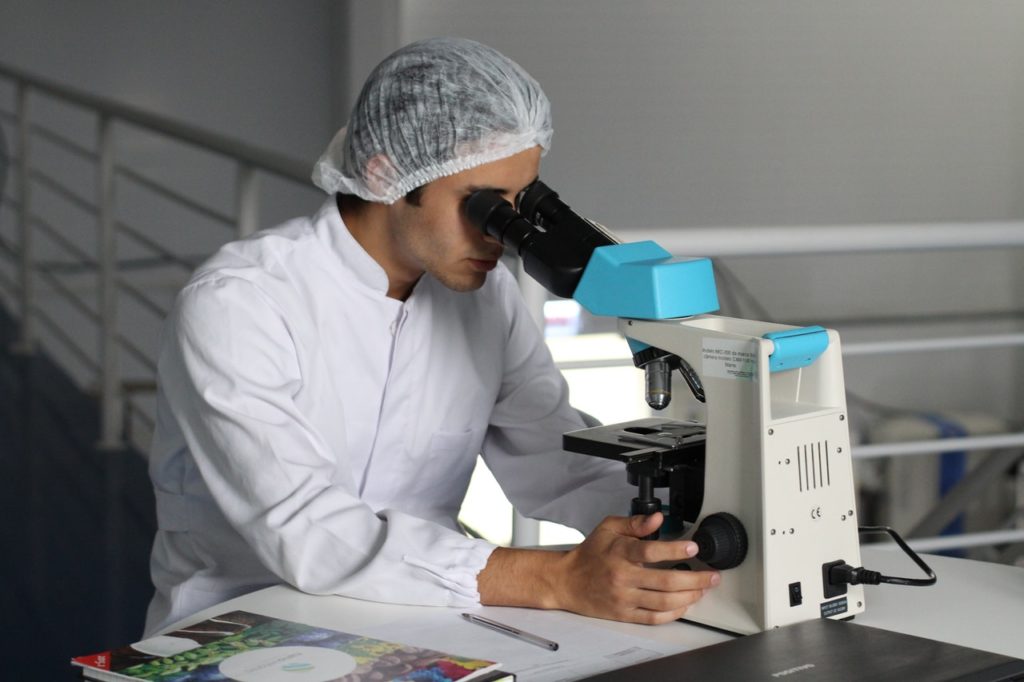One deadly virus changed the world in just a few months. Covid-19 greatly influenced virtually every industry there is, especially the healthcare sector. It continues to challenge how patients seek medical care and how doctors provide the necessary healthcare. It continues to test the pharmaceutical sector’s ability to adapt to the sudden and immediate need for Covid-19 vaccines. Even clinical trials around the world experienced a major disruption due to the pandemic.
How the Coronavirus Pandemic Disrupted Clinical Trials Worldwide
Researchers use clinical trials as the number one method in testing and validating newly produced drugs and interventions. Successful trials will dictate the approval of brand new drugs. This means the drug needs to show promising results and has to be safe for human consumption before the drug is approved.
Many things can happen during clinical trials. Many people are involved in the study, including the patient volunteers, their attending doctors, postgraduate researchers, research scientists, and other professionals.
Before the pandemic, most clinical trials focus on investigating treatments for cancer and other life-threatening diseases. But after the pandemic came into the picture, most researchers had to stop whatever they are doing to make way for Covid-19 studies. They do this to keep their participants safe and to focus on the bigger threat on hand.
Due to the threat of the coronavirus crisis to the patient volunteers and the researchers involved, the drugs patients need to take are no longer distributed and administered in clinics. Most in-person visits were restricted. Protocols needed a few changes according to the FDA’s guidelines.
Some trials had to stop indefinitely. Ongoing trials shifted and new plans were put into action. Most stopped taking in new patient volunteers while others are trying to fix inefficiencies through the use of better technology.
Ways Covid-19 Is Changing How Clinical Trials are Conducted
Safety is the number one concern of researchers during clinical trials. Since one needs to shelter in place and maintain proper social distancing, telemedicine became the primary mode of contact among the patients, their doctors, and others involved in clinical studies. As for communication, many went from in-person conferences to video conferences.
Many researchers were pulled out from their natural work environment to aid in the growing need for emergency medical care. Those who managed to work from home are having a hard time managing their life at home and at work. There is a lack of supply for the required materials, tools, and equipment.
But despite all these, many found peace after seeing great improvements in clinical trials. Now, we prioritize patient health and safety, which should have always been a priority years ago. Even the way we design, conduct, and report clinical trials shows improvement.

Technologies Used in Clinical Trials Mid-pandemic
Since the demand for Covid-19 vaccines was so high, it is challenging the pharmaceutical industry to hasten their Covid-19 related clinical studies. This is despite all the delays and increased cost overruns in their drug discovery and development program. Luckily, numerous contract research companies offer the right support like SARS-cov-2 drug testing to pharmaceutical companies and medical researchers.
For clinical trials, researchers found other ways to continue ongoing trials without putting patients at risk. Some are now using electronic consents to gain the consent of patients for participating in clinical trials. Instead of the usual trial sites like clinics and hospitals, trial sites were moved somewhere where there is less risk of patients and researchers’ exposure to the virus.
Instead of recording collected data on paper, researchers now make use of digital platforms to record, store, update share the results of clinical studies. More clinical studies started embracing virtual visits by patients. Healthcare providers involved in the study are educating patients and are offering medical advice through digital means.
More clinical studies made patients use wearables to track patient data in real-time. These are lightweight, easy to use, are less intrusive, and can send real-time patient data. Researchers can spend less time with data entry and focus on the results instead.
Nowadays, clinical trials are now more digitalized. This helps expedite trials and conclude results at a faster rate. This is after technology made precise and real-time data collection possible.
Since data collection is easier, patient experience drastically improves. They are also more inclined to stay and take part in the studies.
All technologies used have their own challenges. Researchers are still trying to figure out the best ways to overcome each tech issue. But these help in expediting and improving the efficacy of clinical studies.
These are but a few ways COVID-19 disrupted clinical trials. Despite the challenges, clinical trials continue to cope. This is through the adaptation of numerous techs and changes in policies. Indeed, the pandemic is changing the clinical trials landscape for the better. It will continue to shape safer, more efficient, and patient-centric clinical studies around the world.
